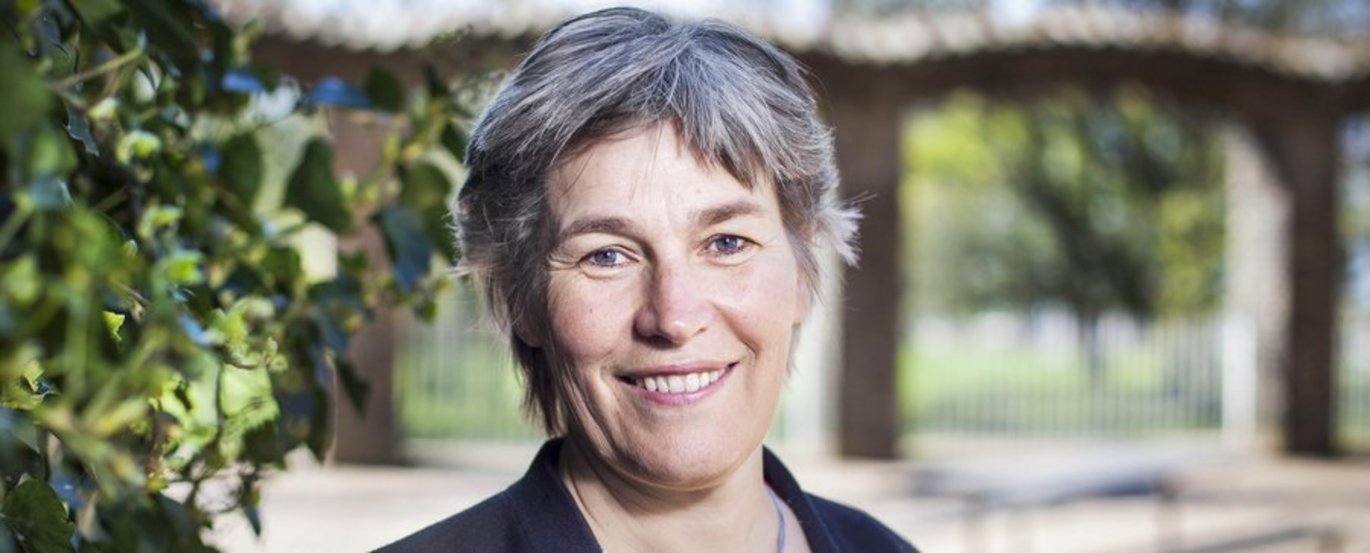AU reacts to #MeToo – and makes it easier to get help
AU hasn’t done a good enough job of making sure that students know who to contact if they experience bullying, harassment or abuse, admits Pro-rector Berit Eika. And so AU will now make counselling and guidance services for students more easily accessible and bolster the Student Council’s legal aid service.

“I didn’t know who to write to. I didn’t know what to do.” In February of this year, an anonymous AU student told Omnibus how one of her teachers had sexually harassed her in 2015.
READ MORE: Sexually harassed student: Where do I go for help?
AU is now taking steps to give students clearer information about where to go for help, and about what kinds of help and counselling AU provides to students who are victims of bullying, harassment or abuse.
AU needs to do a better job of making counselling services visible
So says Pro-rector Berit Eika, who has responded to the worldwide focus on the #MeToo movement in the spring by appointing a committee to review AU’s rules and procedures for handling cases of bullying, harassment and abuse. The committee is now ready to present its conclusions, says the pro-rector.
READ MORE: AU to establish new independent body to handle abuse and harassment
“The impression the committee’s work leaves us with is that while there are few cases at AU, we as a university haven’t done a good enough job of making it clear to students where to get help in these situations.”
According to the pro-rector, when the committee was appointed, the plan was to create an independent body which could guarantee anonymity and professional, efficient counselling. However, the pro-rector and the committee have since settled on a different solution, which includes bolstering the Student Council’s free legal aid service for students. This proposal will be considered by the senior management team in mid-June.
A new website
“On the background of the discussions we’ve had with students, we don’t see any grounds for creating a separate body to deal with cases of bullying and harassment. Doing so would add yet another layer to an already complex system which we consider to be well-functioning. Before the summer holiday, we will launch a new website which will draw attention to the various counselling and advisory services available at AU, and how students can take advantage of them. The services available include both internal bodies such as our own full-time counsellors and external independent bodies such as the Student Council’s legal aid service, the Student Counselling Service and AU Helpline,” explains Eika, who expects that the other members of the senior management team will approve the proposal.
The new website will be aimed at students experience bullying, harassment or abuse. But Eika stresses that AU also has the ‘Boost your student life’ website (studerende.au.dk/en/boost-your-student-life) which offers students information about other situations in which students often need counselling, such as help in overcoming exam nerves, stress or time management.
Better opportunities for independent counselling
To give students better opportunities for independent counselling, AU has decided to bolster the Student Councils’ legal aid services for students, says Berit Eika.
READ MORE: Better legal aid to students in a tight spot
What does that mean concretely, bolstering the legal aid service? As far as I’ve been informed, this won’t mean more legal aid staff.
“The first step is to decide whether this is the path we’re going to take. Then we’ll engage in a dialogue on what’s needed. But possibilities include designated contact people the legal aid advisers can draw on, competency development, offering supervision and increased visibility.”
Could this also include more funding?
“Yes, if that’s what’s necessary.”
No student ambassador at AU
For a number of years, the Student Council has been pushing for the introduction of a student ambassador, a function which has existed at the University of Copenhagen since 2013. The student ambassador at the University of Copenhagen provides independent counselling to students in connection with cases having to do with academic matters. For example, in connection with applications for a dispensation from the rules on degree completion deadlines, exam complaints, or suspicion of cheating.
Why has AU elected not to create a student ambassador function such as the University of Copenhagen and many other European universities have – a function which serves to protect students’ rights?
“Protecting students’ rights is important to us. But we don’t believe that developing parallel systems in an already complex system would benefit students. We would rather draw attention to and improve the systems which already exist. For example, we already have a system for handling complaints about exams which can formally reprimand the university if the student’s claim is sustained. A student ambassador can only express criticism, but has no punitive powers,” says Eika.
She also believes that students at AU would also be able to get the kind of counselling provided by a student ambassador in relation to applications for dispensations or complaints from the Student Council’s legal aid service.
Translated by Lenore Messick

